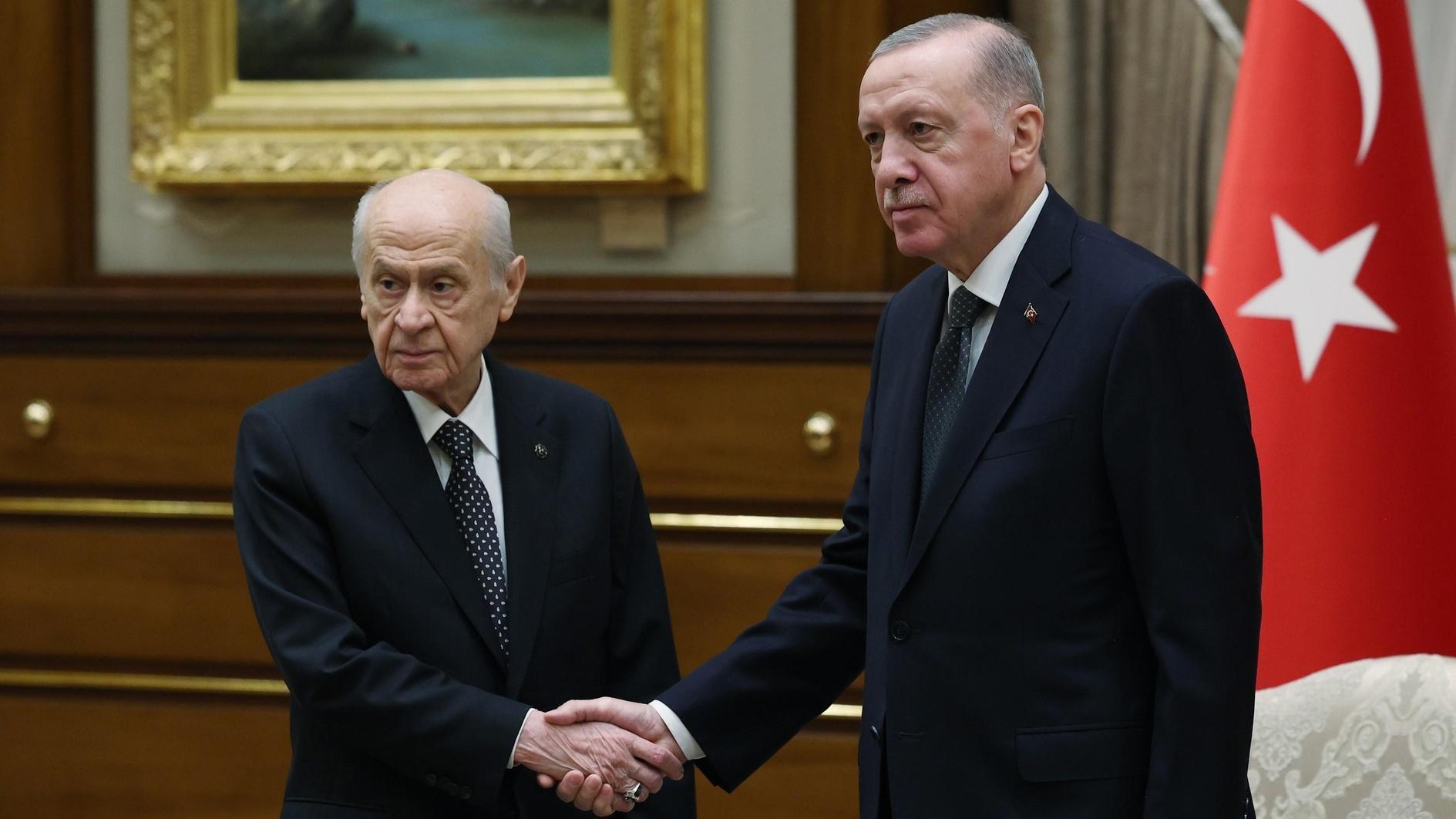UN reports ‘dramatic’ progress in fight against AIDS
LONDON - Reuters
The global rate of HIV infection and the number of AIDS-related deaths have been dramatically reduced, thanks to expanding access to treatment, the United Nations said in a report issued yesterday.In its annual update on HIV, which it said now infects around 35.3 million people worldwide, UNAIDS said deaths from AIDS and HIV infection rates were falling, while the number of people getting treatment is going up.
Deaths fell
AIDS-related deaths in 2012 fell to 1.6 million, down from 1.7 million in 2011 and a peak of 2.3 million in 2005. And the number of people newly infected with the disease dropped to 2.3 million in 2012 down from 2.5 million in 2011.
The human immunodeficiency virus (HIV) that causes AIDS can be transmitted via blood, breast milk and by semen during sex, but can be kept in check with cocktails of drugs known as antiretroviral treatment or therapy.
By the end of 2012, some 9.7 million people in poorer and middle-income countries had access to such AIDS drugs, an increase of nearly 20 percent in a year.
Since 2001, the U.N. report said, there has been a 52 percent drop in annual new HIV infections among children and a 33 percent reduction in newly infected adults and children combined.
In 2011, UN member states agreed to a target of getting HIV treatment to 15 million people by 2015. As countries scaled up treatment coverage and as evidence showed how treating HIV early also reduces its spread, the World Health Organization set new guidelines this year, expanding the number of people needing treatment by more than 10 million.
The UNAIDS report found that despite a flattening in donor funding for HIV, which has remained near 2008 levels, individual countries’ domestic spending on the epidemic has increased, accounting for 53 percent of global HIV resources in 2012. Total funding for the global fight against AIDS in 2012 was $18.9 billion, about $3 billion to $5 billion short of the estimated $22 billion to $24 billion needed annually by 2015.
















